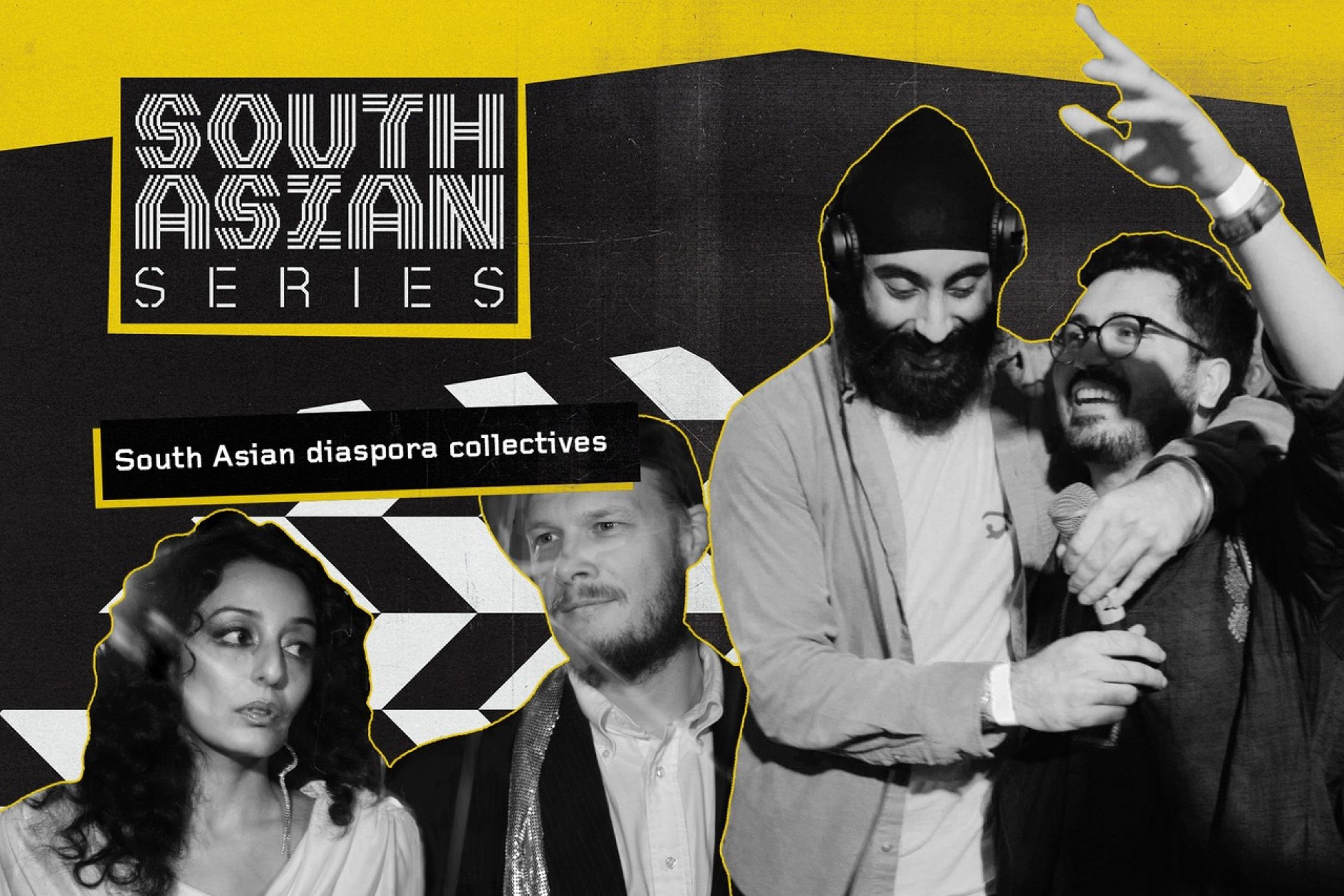 Features
Features
10 South Asian diaspora dance music collectives you need to know
Safi Bugel profiles the collectives representing South Asian sounds and artists across the world
South Asian music has a monumental history stretching back thousands of years, and its influence has spread all the way across the world, from the synth ragas that invented acid house to the explosion of Bhangra in UK and US chart music at the turn of the century. But what about the people behind these cultural exchanges?
Diasporic communities have been upholding, and reshaping, the rich legacy of South Asian sounds and artists in different contexts. Recognising the ongoing lack of representation in the media, a string of South Asian diaspora music collectives are demanding space and recognition for the work produced in and beyond the subcontinent.
Whether reimagining classic Bollywood tropes as club-ready music, throwing parties or championing DJs of South Asian descent, these groups are building community whilst expressing their multifaceted identities.
Here, we shed light on 10 of the collectives carving a scene across the UK, US and Canada.
Read this next: Welcome to Mixmag's South Asian Series
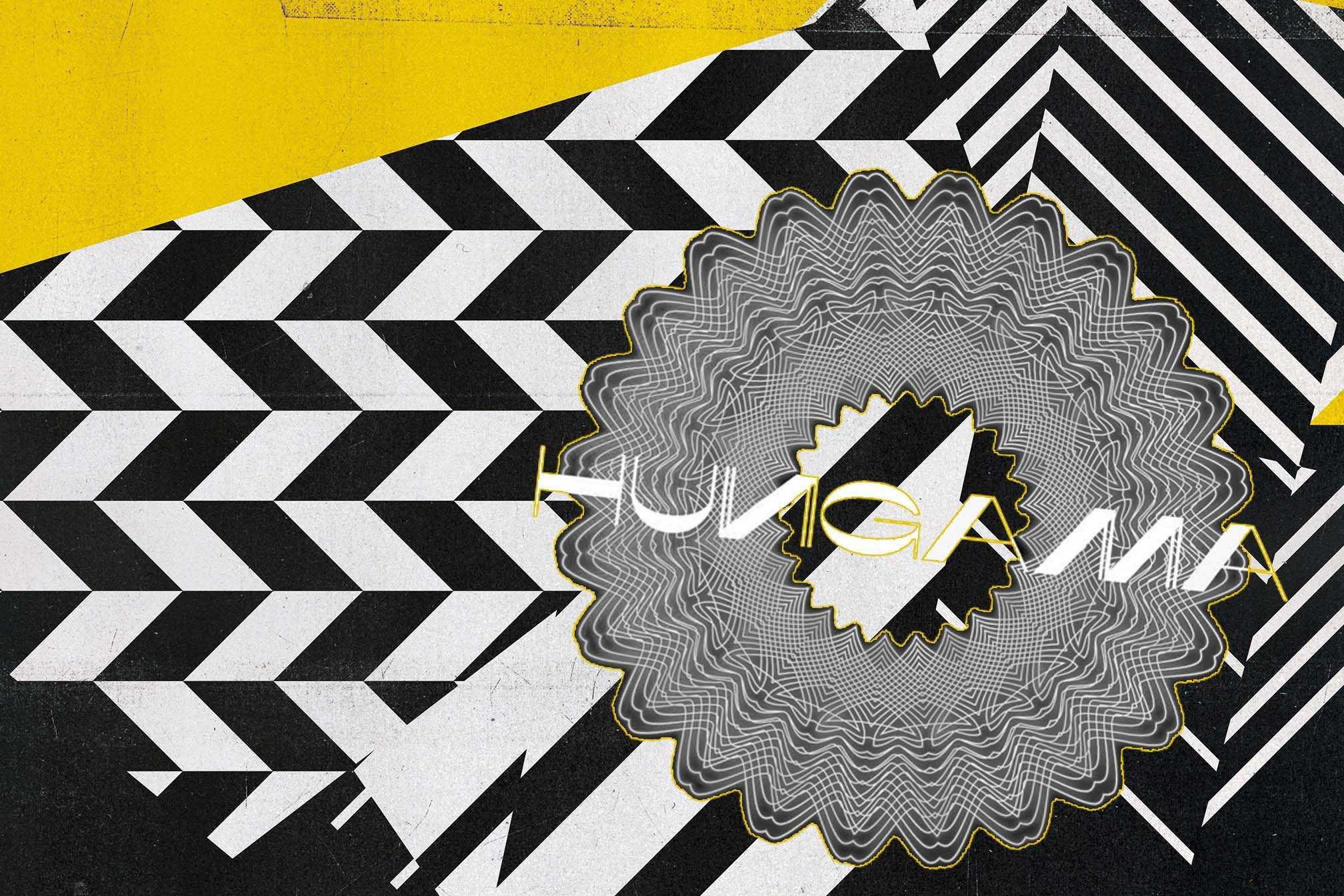
Hungama
Hungama is a party that makes space for queer South Asian people to connect and celebrate their identity to the sounds of Bollywood and hip hop. As well as offering a good night out, the East London event prioritises safety, adopting a detailed code of conduct in which issues around exocitism, discrimination and consent are to be understood before entry. Setting up Hungama felt necessary in a scene that doesn’t always embrace its intersections, founder and curator Ryan Lanji explains. “Safe spaces for many in the South Asian LGBTQ+ community are rare,” he says, “Hungama offers a chance to explore your queerness, connect with your authentic self and let loose. Under the dizzying disco lights, we can be besharam, shed society’s expectations and be ourselves.” Accordingly, “judgemental aunties” are not welcome here.
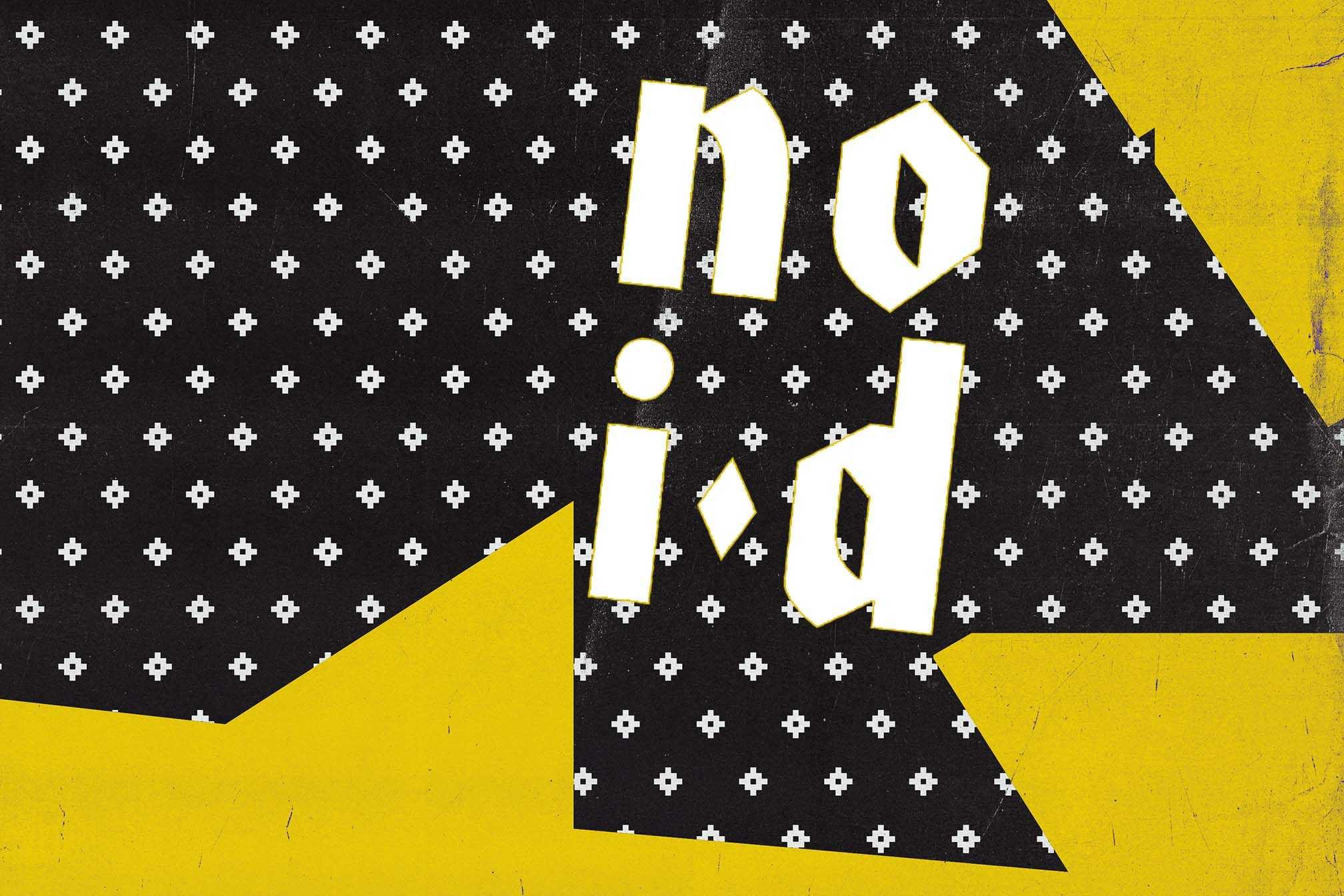
NO I.D.
As someone who has been working in the music industry for 10 years, DJ and producer Ahadadream wants to inspire the next generation of South Asian artists. Accordingly, he set up No I.D. — an event series which spotlights DJs of South Asian heritage. Since its launch in 2019, No I.D. has thrown parties, hosted stages at Lost Village and co-organised Dialled In, the upcoming day festival celebrating the new South Asian underground. “I noticed there were a lot of really talented South Asian DJs killing it, dotted around different genres and scenes,” says Ahadadream, “I wanted to see what would happen if we put them all under one roof.” No I.D. has shown the magic of doing so, bringing together the likes of Nabihah Iqbal, Manara, Jyoty and Aisha Mirza in London and beyond.
Read this next: A potted history of the 1990s British (South) Asian Underground
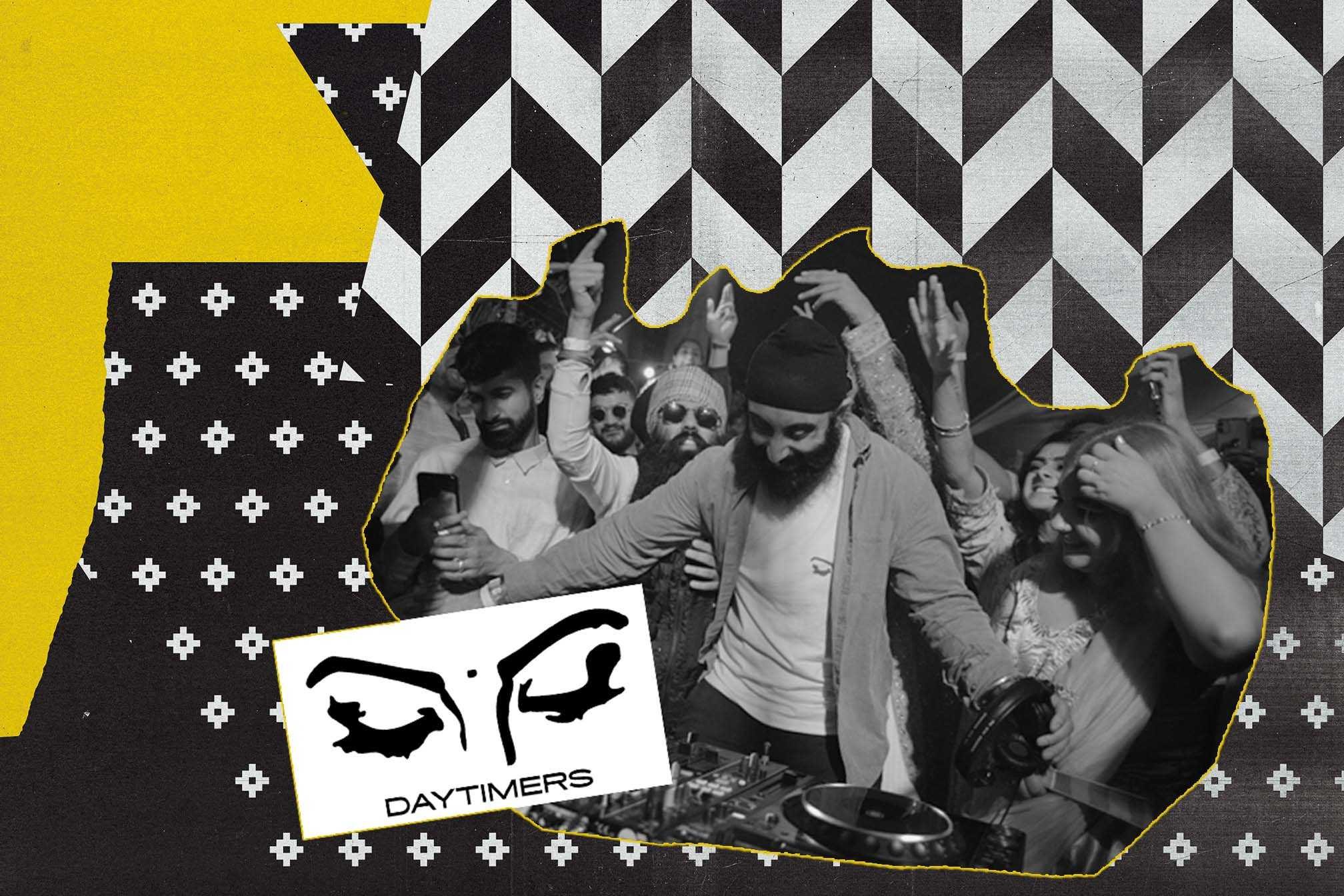
Daytimers
Taking its name from the British Asian daytime parties of the late 20th century, Daytimers are upholding the legacy of building community and promoting South Asian talent. The collective, which launched last year, is devoted to celebrating the new wave of underground South Asian artistry through live streams, radio shows and parties. Last month, member Yung Singh took the crew to Boiler Room, presenting a historic takeover which saw old Punjabi tunes sit side by side with outrageous club edits. But aside from producing and playing banging selections, the collective is all about connection. “The last year has really just felt like finding a family that's been hiding in plain sight from each other for years,” says Provhat, one of the founders. “Everyone has been able to connect over our shared experiences of feeling alone in our creative fields and using that to establish some of the strongest friendships any of us have ever had." Like its namesake, Daytimers is pushing boundaries and leaving its mark on the history of club culture. Watch this space!
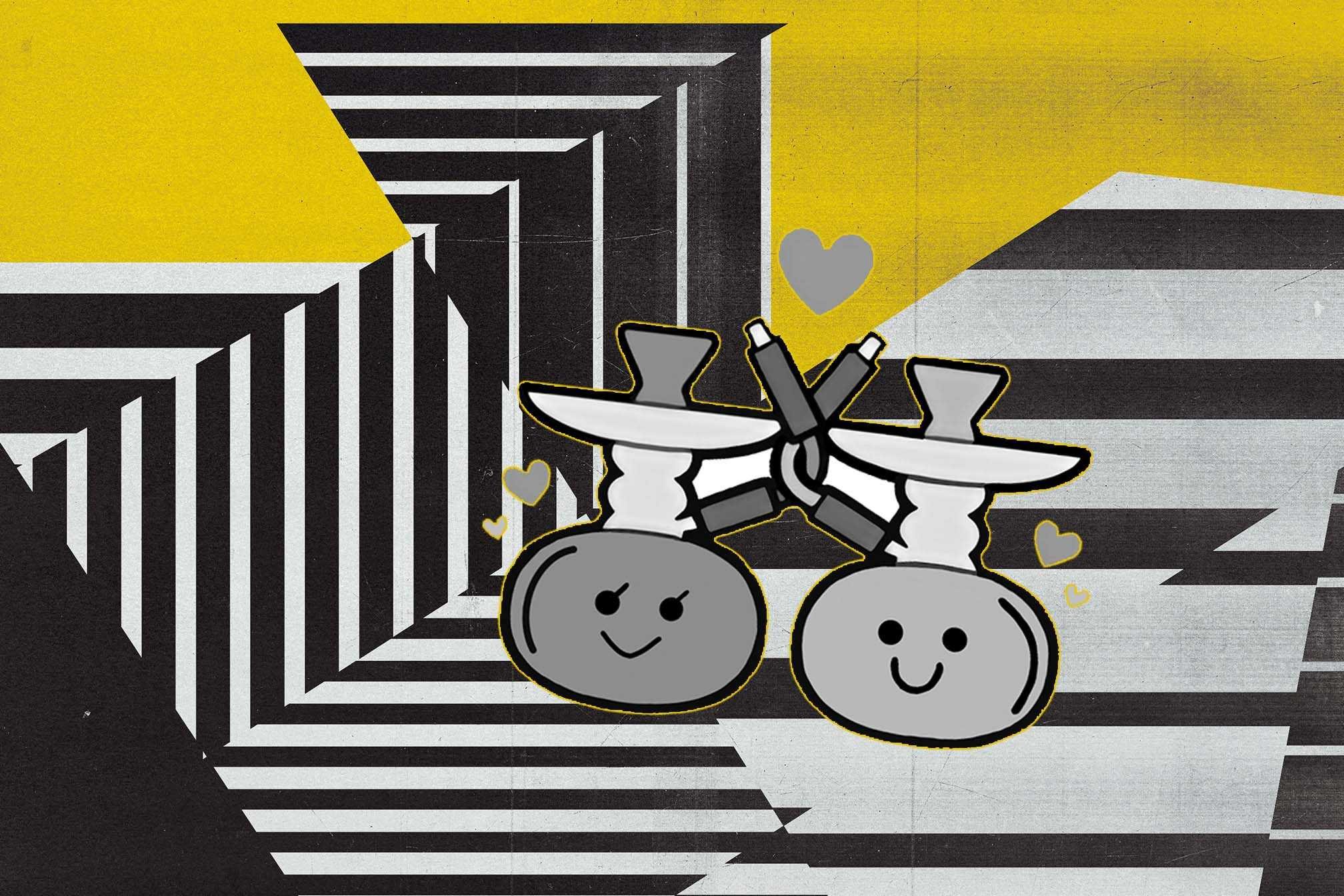
COUSINS
Run by MANARA and DJ basmati, COUSINS is the UK imprint of the Canadian club night of the same name. The event’s music policy is eclectic, weaving South Asian tunes with other sounds of the continent and diaspora. “It was formed from our love of blending shisha bar bangers, desi classics, bassline and garage,” says MANARA, who also presents PURE SPICE on BBC Asian Network. “You can catch the crowd screaming along word for word to everything from Imran Khan to Mariah Carey.”
Read this next: How classic cars and soundsystems connect Southall residents to their Indian roots
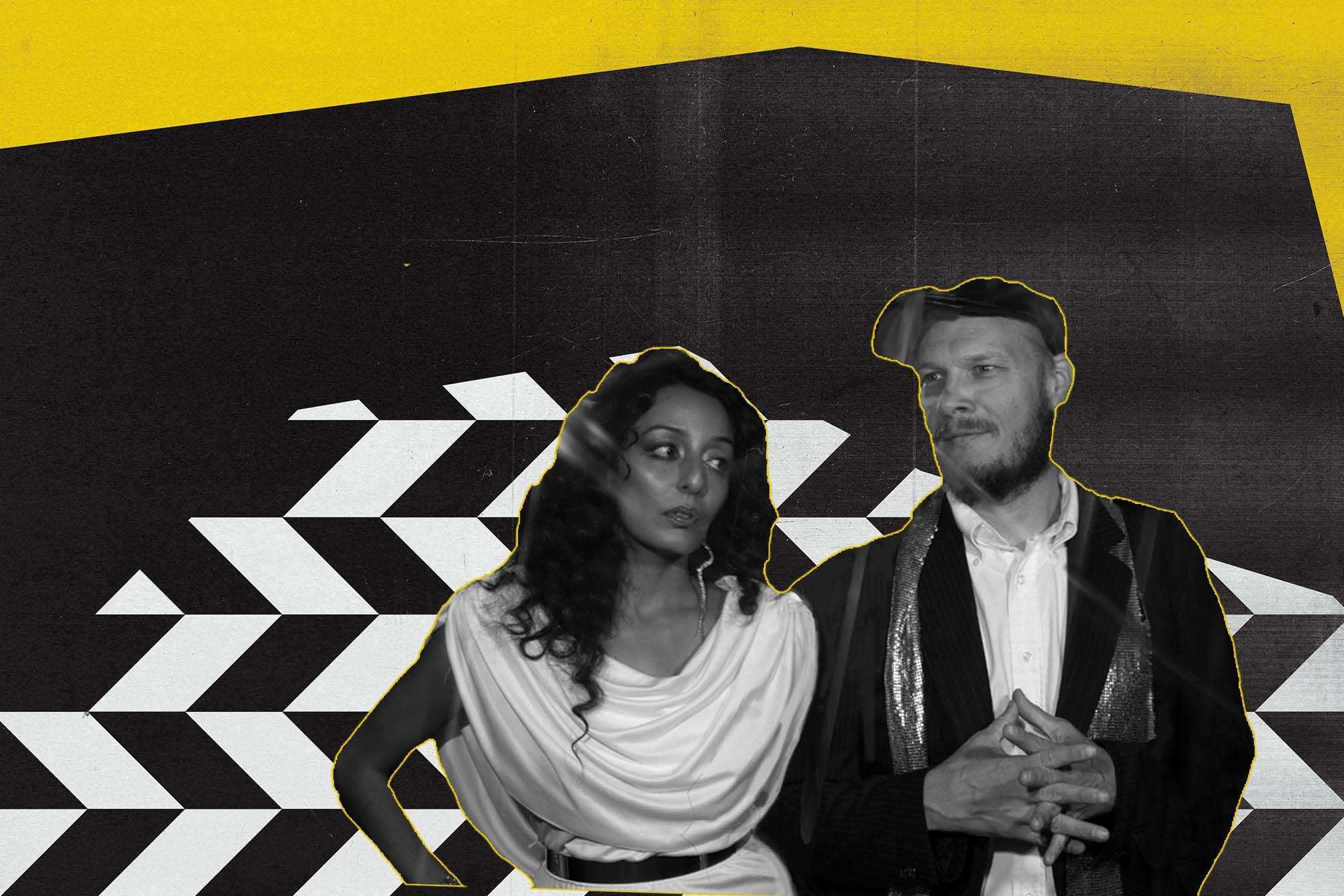
Discostan
Distancing itself from other ‘world music’ collectives, Discostan was set up to celebrate the musical output of Arabic, Asian and diasporic communities with a more nuanced approach. Its South Asian archive is rich, from the tunes played at Discostan parties and on radio shows to the records reissued via the label offshoot. However, this focus is part of a bigger picture. “It is an important part of our mission as well to connect the South Asian community to other diasporas from the Arab World and Central Asia,” explains founder Arshia, citing the shared pre- and post-colonial histories and legacies. A party with a true purpose, you are likely to hear political interventions and experimental performances at Discostan events, interwoven with 1980s disco classics, folkloric sounds and dancefloor re-edits.
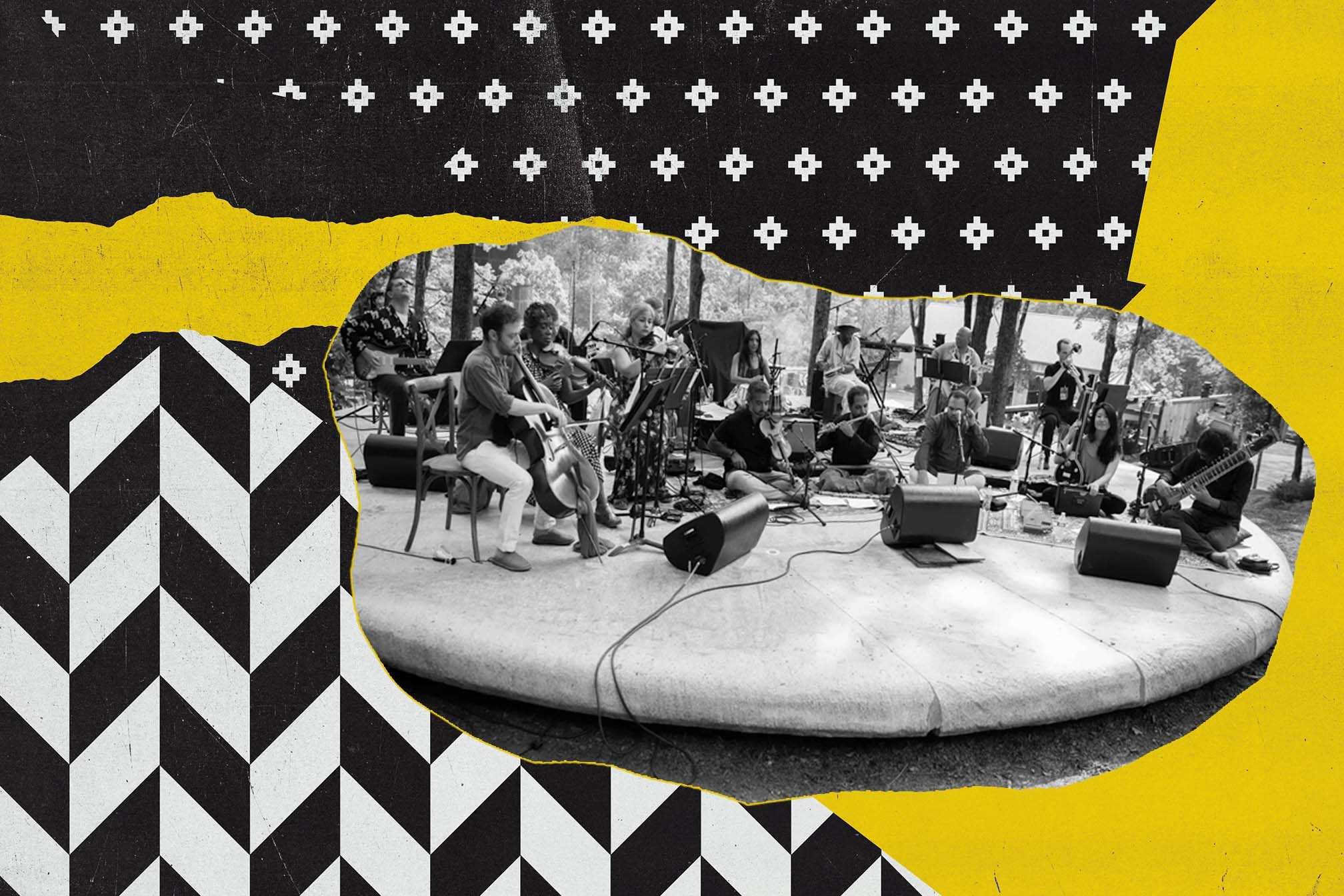
Brooklyn Raga Massive
Brooklyn Raga Massive is dedicated to preserving and expanding Indian classical music in New York City. Adopting an inclusive and democratic approach, the artist-led collective disrupts the rigidity of South Asian musical traditions by collaborating with other cultures and sounds in Brooklyn. Though it is centred around members’ appreciation of raga, influence is also drawn from jazz, rock and klezmer. The project has grown to be a formidable one: since 2012, Brooklyn Raga Massive has issued records featuring 40 artists, conducted 24-hour performances and hosted a series of educational workshops. “BRM has cultivated a community,” says Artistic Director Neel Murgai. “South Asians and all lovers of raga and raga-inspired music can come together in a relaxed and casual atmosphere.”
Read this next: How Asian Dub Foundation's stand against racism connected generations of British Asians
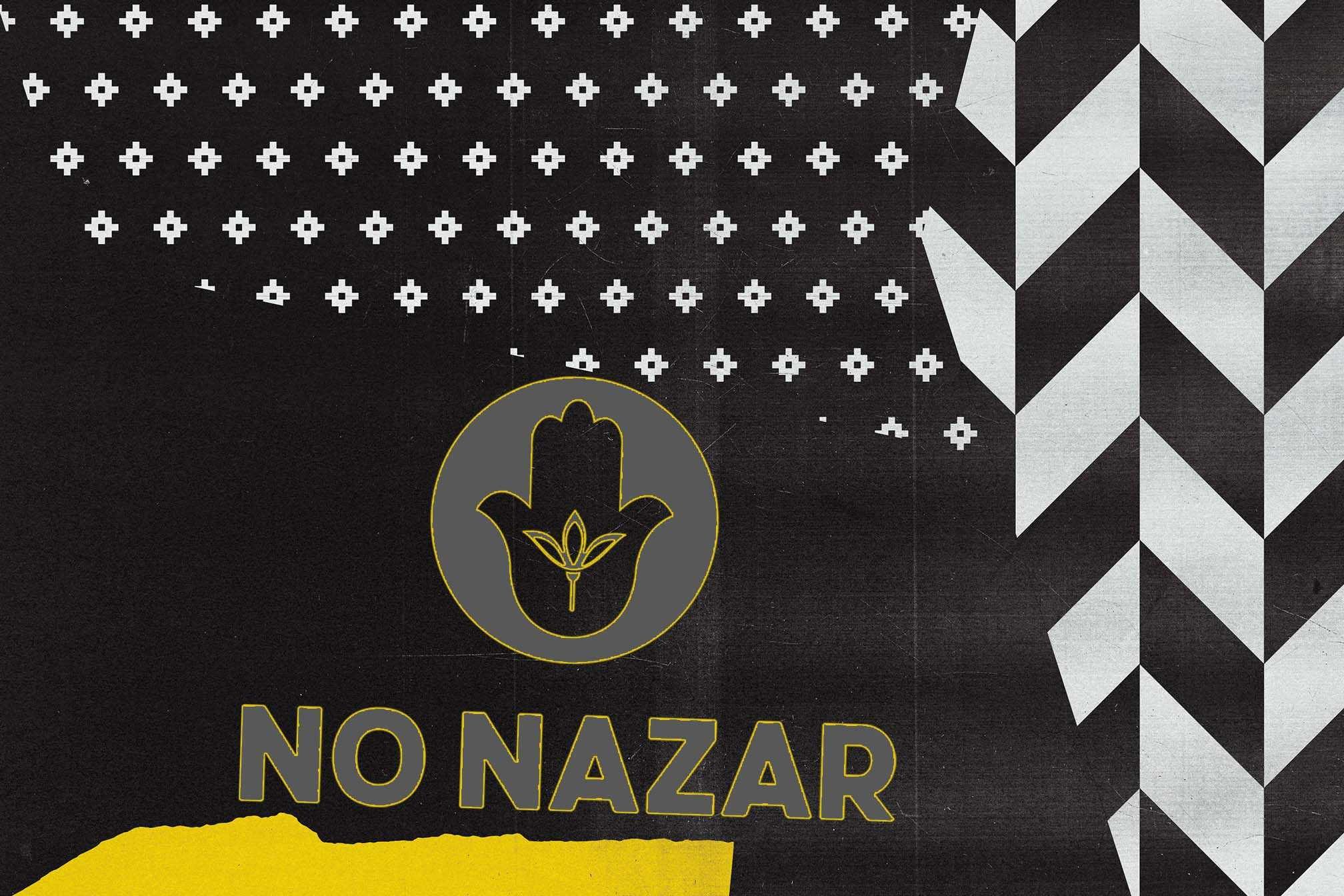
No Nazar
Non-profit collective No Nazar is based in LA but has a global focus. It aims to empower communities that share similar social struggles and celebrations through music and other positive expressions. Earlier this year, the collective collaborated with Daytimers to present a 24-hour fundraiser for protesting farmers in India. The live stream brought together South Asian DJs and artists across the world, from Ahadadream and Jyoty to Bianca Maieli and Chippy Nonstop. The effort raised over £11,000. “We partner with other organisations that share the same values,” the team explains, “and we host events that bring people together.”
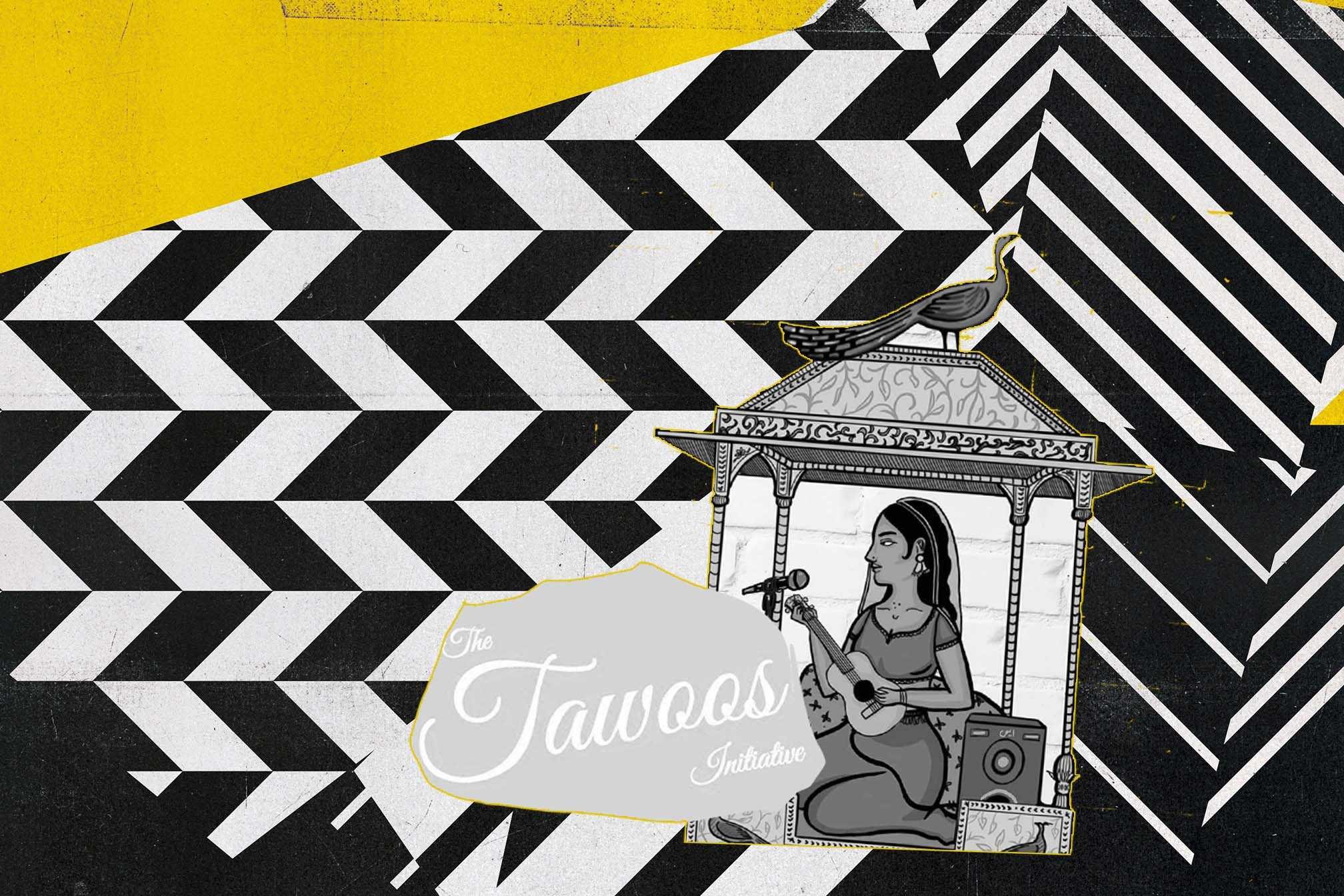
The Tawoos Initiative
Adopting a focus on musicians from South Asia and of South Asian origin, the Tawoos Initiative was founded in 2017 as a response to a lack of representation and diversity in the Canadian music scene. The artists it represents span genre and mode of music, creating a global community of likeminded people. The project is all about promoting accessibility and inclusivity in the industry. “In a city like Toronto, where the music scene is ever-evolving, we hope to play a role in decolonizing public music spaces,” says founder Pratishta Kohli. “We want to create safe communities where QTBIPOC folks can express themselves, their arts, and connect with each other.”
Read this next: Britain's first out Muslim drag queen: Asifa Lahore is a proud clubland pioneer
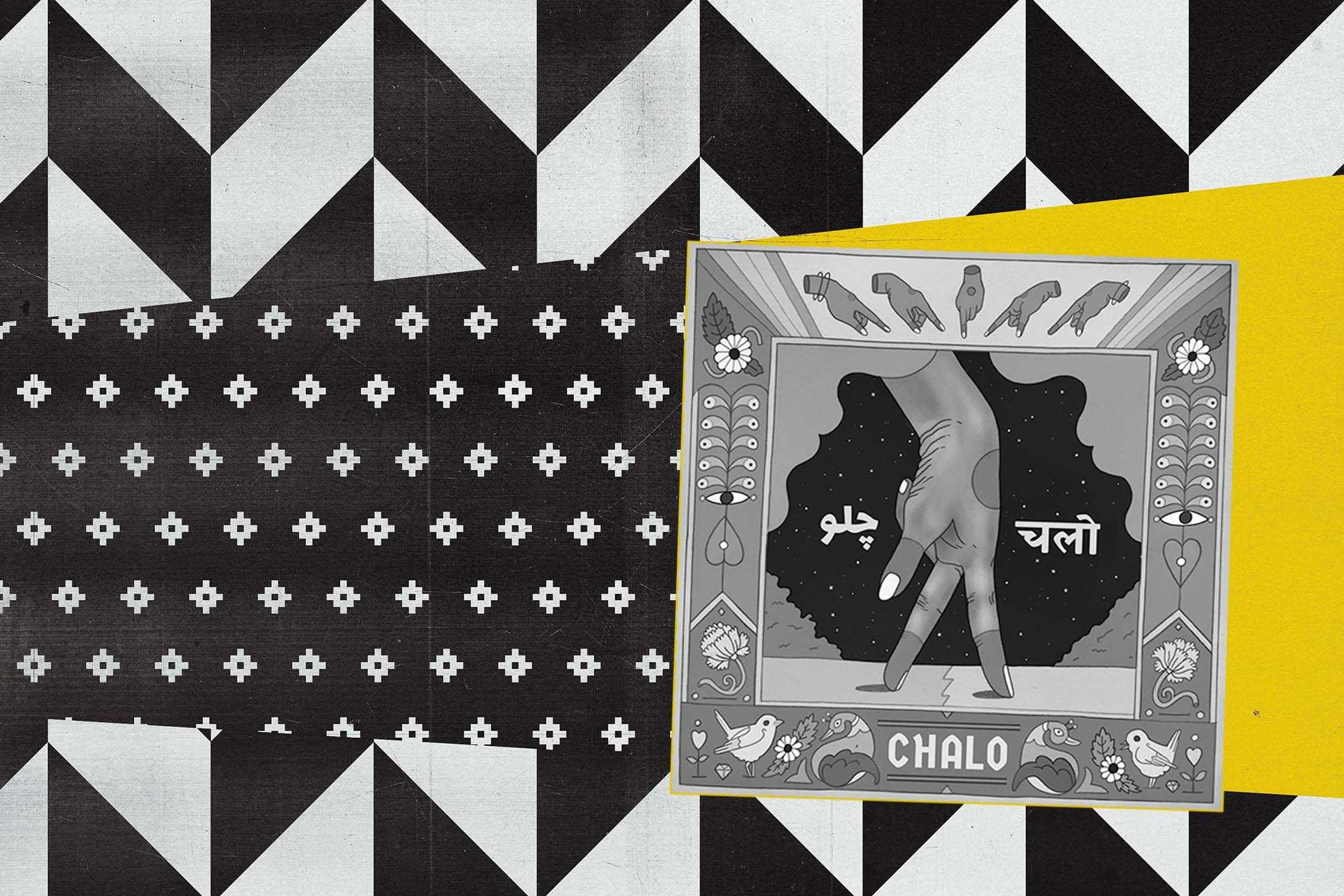
Chalo
Chalo is a creative project with a wide lens. Founded by artist Jitwam and writer and critic Dhruva Balram, it aims to celebrate artists in South Asia and bring them together with those in the diaspora, regardless of one’s “caste, class or creed.” This idea of togetherness is central to Chalo, who curated a compilation to raise money for Human Rights Law Network and Zindagi Trust last year. The record featured 28 artists of South Asian heritage, from Riz Ahmed to Nabihah Iqbal, and gathered over £5,000 in donations. The same digital release earned a place in The Guardian's 10 Best Global Albums list. “We want to create border-less music where people feel connected through community,” say the team, who are keen to foster the understanding that “we are all from the same region and colonialism created our differences.”
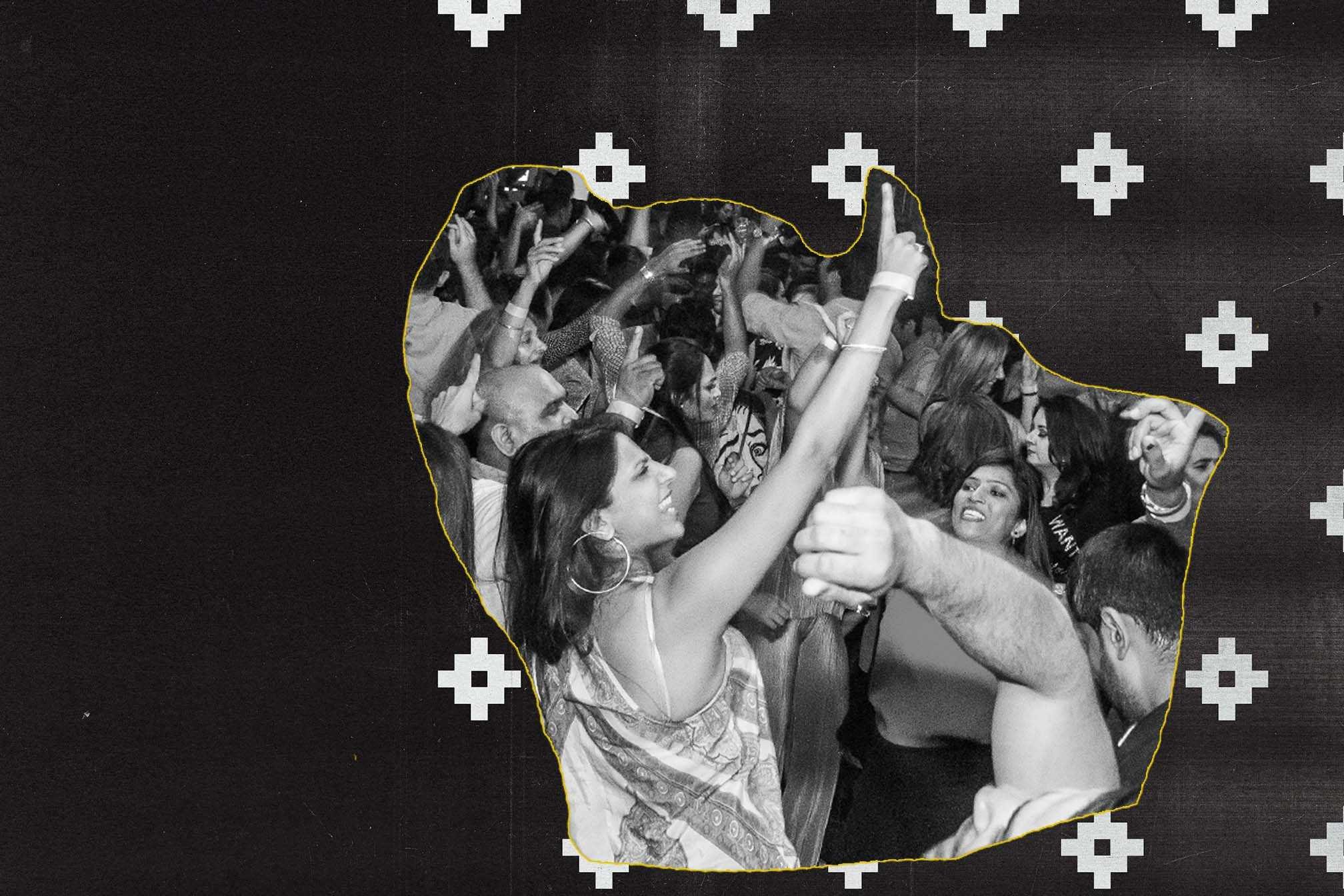
Kuch Kuch
Opening its doors in 2000, Kuch Kuch holds the title of the UK’s first Bollywood club night. While attendees can dance along to the current and classic sounds of Bollywood, it is not just a party, says co-founder DJ Ritu, but an “experience.” Indeed, it’s a place for members of the South Asian community to connect with one another. It was co-launched by Ritu to bring a sense of home to the scene: “I grew up with Bollywood music and wanted other Bollywood lovers to have a place to go to where they could dance and have a sense of cinematic escapism and romance,” she says. The importance of Kuch Kuch still resonates, as the event celebrates its 21st birthday this month.
Safi Bugel is Mixmag's Digital Intern, follow her on Twitter



